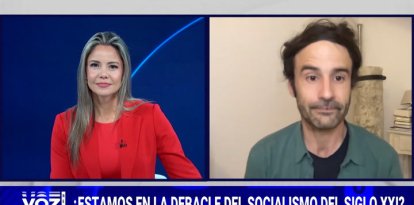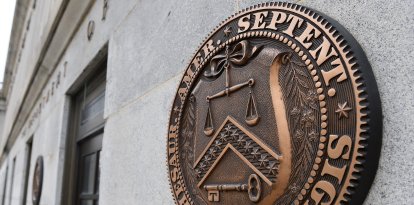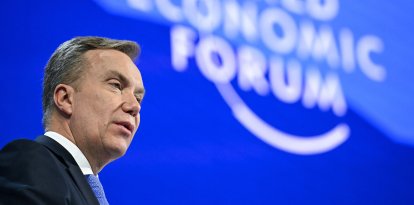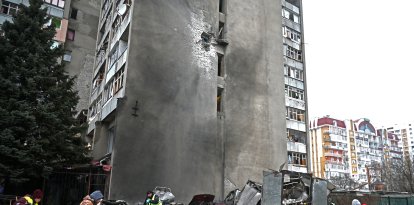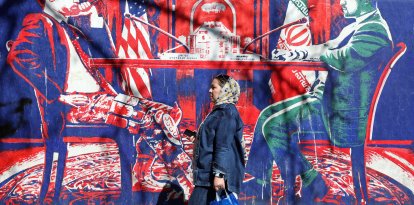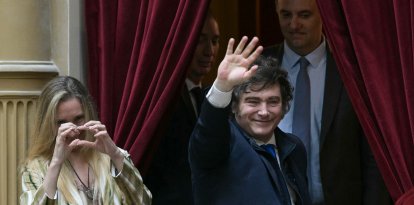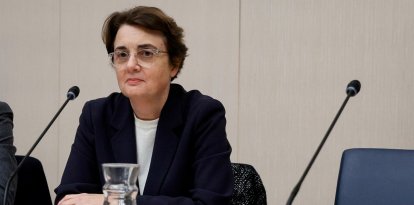Putin meets Hungarian prime minister and tells him that Ukraine must cede territory in exchange for peace
Both the EU and the United States criticized Viktor Orban's visit to Moscow, considering it to be counterproductive.
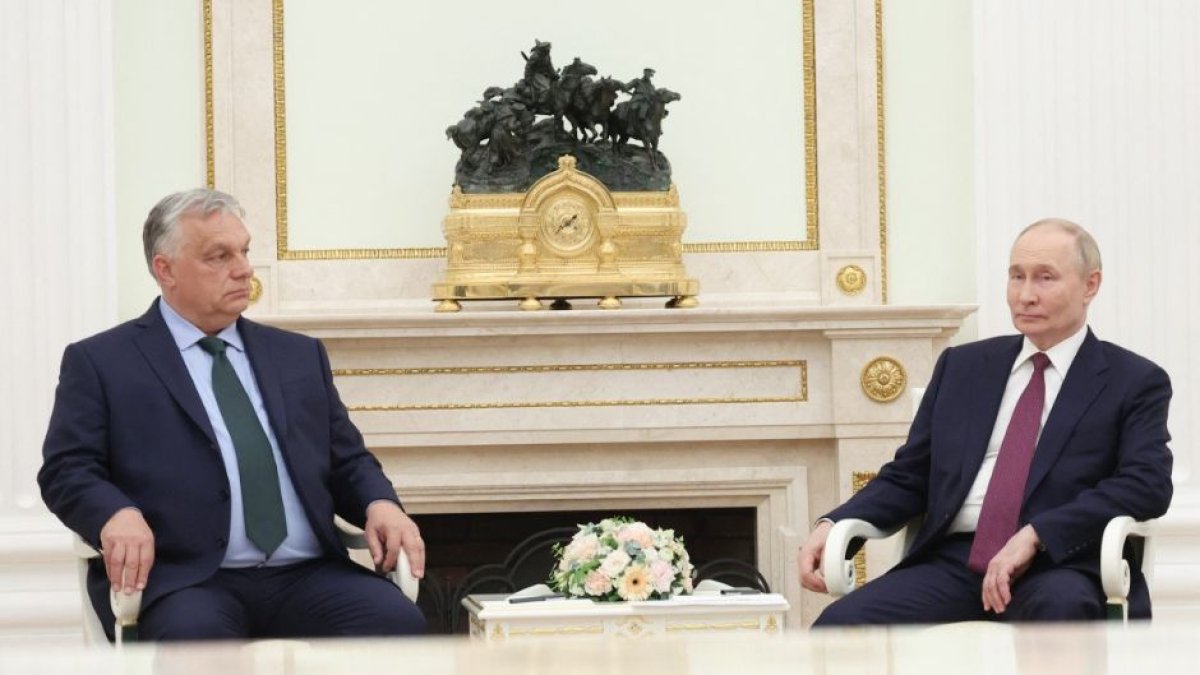
Viktor Orban and Vladimir Putin
Russian President Vladimir Putin reiterated Friday to Hungarian Prime Minister Viktor Orban that Ukraine must leave the regions Moscow considers its own if it wants peace, in a meeting criticized by other members of the European Union (EU) and by Kiev.
The conservative leader, who maintains close ties with Russia, landed in Moscow four days after assuming the six-month presidency of the EU.
Putin received him in the Kremlin and said that he considered him a representative of the EU even if the EU criticized the trip. He also reminded the Hungarian leader that the eurozone group had not mandated his visit to Russia.
The secretary general of NATO, of which Hungary is also a member, pointed out that Orban had informed him of his trip, but insisted that it was not as a representative of the transatlantic defense alliance.
The Russian leader explained that the meeting with Orban was to discuss "possible ways of resolving" the conflict in Ukraine, which began when Russia launched an offensive in February 2022.
At the meeting, Putin reiterated that the former Soviet republic must abandon four eastern and southern regions that Moscow claims as its own.
"We are talking about the full withdrawal of all troops from the Donetsk and Lugansk People's Republics and the Zaporiyia and Kherson regions," he said in televised remarks, following a conversation he defined as "frank and useful" with Orban.
The Hungarian leader admitted the existence of "very far apart positions" between the two sides and insisted that there were still "many steps to be taken" to "end the war" and "establish peace".
"But in order to restore dialogue, today the first important step has been taken and I will continue this work," he assured.
Orban "does not represent the EU."
Before traveling to Moscow, Orban visited Kiev on Tuesday, where he asked Ukrainian President Volodimir Zelenski to consider a "cease-fire" with Russia.
Zelenski advocates a "just peace" for Ukraine and his government indicated that the trip to Moscow was not made "in coordination" with Kiev.
The EU leaders also lambasted Orban, 61, in power since 2010.
Orban "has not received any mandate from the EU Council to visit Moscow," said European diplomacy chief Josep Borrell. "The Hungarian prime minister does not represent the EU in any way," he added.
Borrell recalled that the EU's position on Russia, because of the conflict in Ukraine, "excludes official contacts between the EU and President Putin."
Several EU leaders criticized his visit with Putin, who is the subject of an arrest warrant from the International Criminal Court (ICC) over allegations of war crimes during the offensive in Ukraine.
The bloc of 27 countries opposes the military offensive launched by Russia and is pushing for tough sanctions against Moscow.
However, Slovak Prime Minister Robert Fico, who survived an assassination attempt in May during which he was shot four times, said he would have been "delighted" to accompany Orban to Moscow "if [his] state of health [had] allowed it."
The United States also declared itself "concerned" about Orban's visit to Putin.
This trip "will not advance the cause of peace and is counterproductive to promoting Ukraine's sovereignty, territorial integrity and independence," White House spokeswoman Karine Jean-Pierre said.
The European agenda
Countries holding the six-month presidency of the EU can set priority agenda items.
"Orban arrived in Moscow as part of his peace mission," his press secretary, Bertalan Havasi, told the national news agency MTI.
In an interview to Hungarian state radio on Friday, Orban claimed that peace could not be achieved without dialogue.
"If we just sit in Brussels, we will not be able to get closer to peace. Action is necessary," the leader said when asked about his trip to Ukraine.
This is the first visit a European bloc leader has visited Russia since the head of the Austrian government, Karl Nehammer, went to Moscow in April 2022 in an attempt at mediation.
Orban and Putin had last met in October 2023 in China, where they discussed energy cooperation.
The Hungarian leader criticizes the "technocratic elite in Brussels," the seat of European institutions, supports former U.S. President Donald Trump and is reluctant to provide financial assistance to Ukraine.














